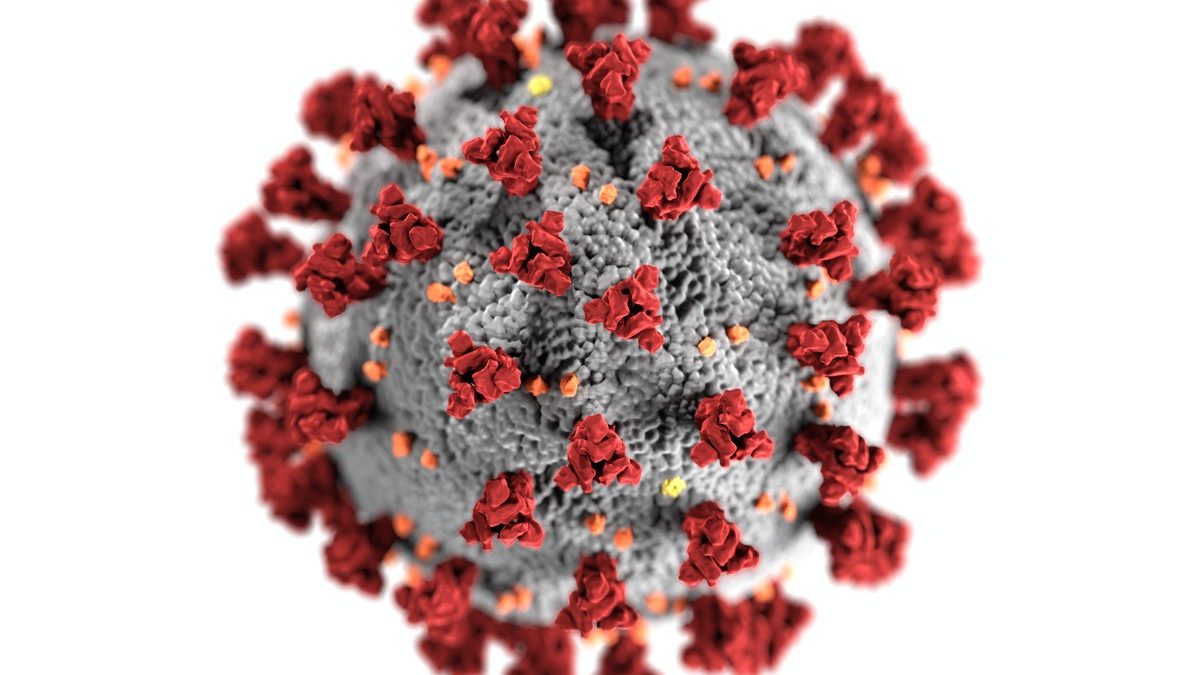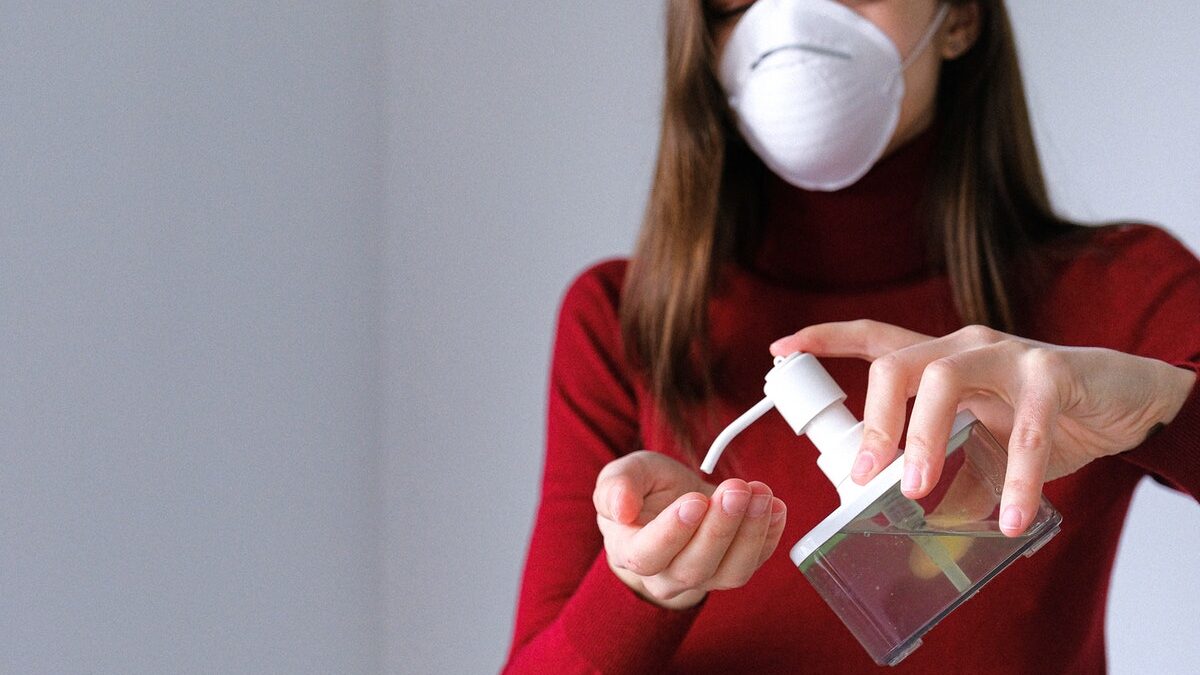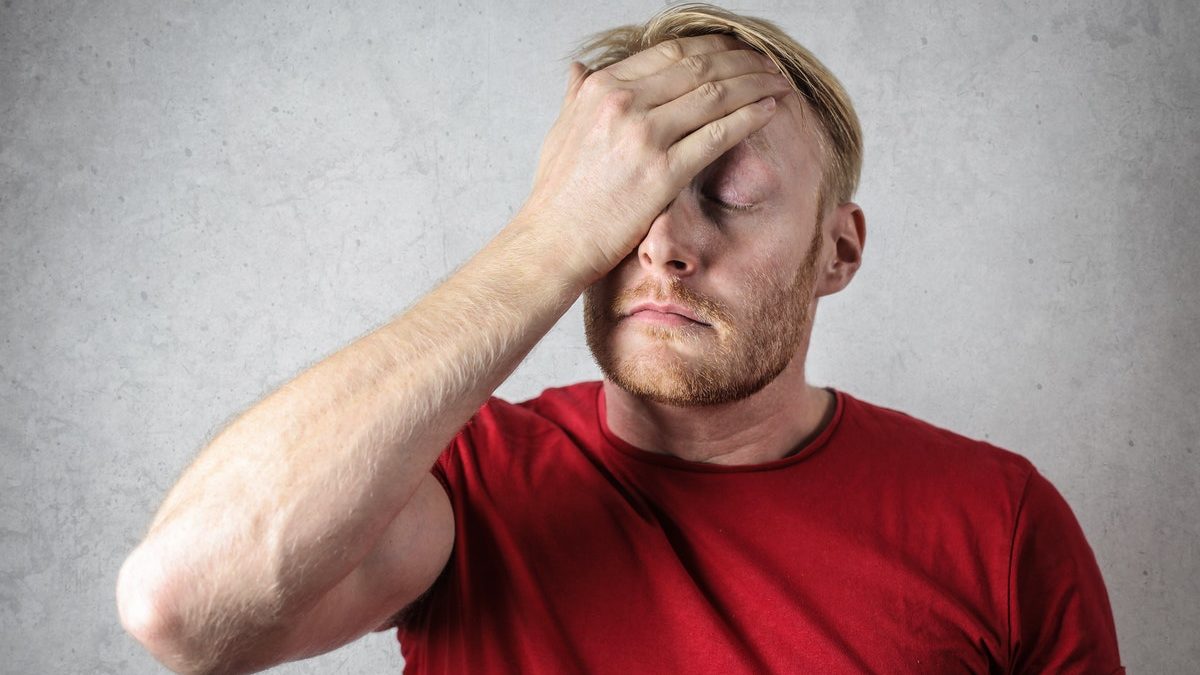Introduction
Everybody wants to get a good night’s sleep so they can be relaxed and productive in the morning. Only a select few have the natural ability to sleep well, while others must make an extra effort.
Anxiety is linked to sleep. The majority of us have different anxiety disorders that can negatively impact our sleep. The more anxiety you have, the less you sleep.
Sleep hygiene (or your bedtime rituals) will have an effect on how you sleep. Good sleep hygiene can help you to reduce anxiety and increase your chances of getting a good night’s sleep. Poor sleep hygiene will increase stress and anxiety and lead to poor sleep.
You need to change your bedtime routines and sleep habits if you suffer from anxiety. Some changes are easy, while others may require more patience, discipline, and time.
Here are some tips to help you get rid of anxiety and improve the quality of your sleep.
1. Sleep Schedule
Maintain a schedule of when you should go to sleep and when you should wake up. You will fall asleep faster if you follow a schedule. All 365 days of the year, you should stick to the same schedule for sleeping. You may find it difficult to stick to the schedule during weekends, but this is necessary for better quality sleep. It is important to set your circadian rhythm to a regular schedule. This will help you to sleep better every day and reduce anxiety. When you are worried about what might happen, anxiety can occur. You will feel more in control if you stick to your sleep schedule.
2. Regularly meditate and exercise
Meditation has been shown to reduce anxiety and cure insomnia. Mindfulness helps you to be present in the moment and to not worry about the future or the past. Meditation has been shown to increase the levels of melatonin within your brain.
You will feel more relaxed and less anxious if you begin to do deep breathing exercises. This will help you sleep better. Listening to Tibetan Buddhist or ancient Hindu chants is known to help you meditate.
Exercise regularly in order to get a good night’s sleep every day. Exercise reduces anxiety and stress. Exercise is best done in the morning, not at night.
You should only do light stretching and light exercises in the evening. Even though heavy exercise in the evening can be detrimental to your sleep, it is better than nothing.
3. Get Rid of Distracting Sounds
We are very sensitive to sounds above 30 decibels. You will be disturbed by any sound that is louder than 30 decibels. Buy earplugs and soundproof your bedroom. White noise machines can be used to block out unwanted sounds.
Set your smartphone’s notifications to “Do not Disturb”, so you don’t wake up at night by the beep from incoming messages or e-mails.
4. Turn off bad lights
Artificial light can disrupt your circadian rhythm. Dark blinds or heavy drapes will keep the outside light out of your bedroom.
Avoid screen time at least two hours before bedtime. The blue light emitted by electronic devices can cause poor sleep because it confuses your circadian clock. Information overload and brain activity are caused by watching TV, or using social media apps on your smartphone or tablet. This is bad for sleep and can worsen anxiety.
White or pink bulbs are better for a good night’s sleep.
You can avoid being disturbed by notifications of incoming emails or messages if you turn your smartphone’s screen down.
5. Comfortable bed
It is well known that a better mattress can improve your sleep environment. It helps you to be comfortable and relaxes you which will help you get rid of anxiety. A good mattress should support your sleeping position and keep you cool. It will also help you avoid sweating while you sleep.
Conclusion
Follow these tips to eliminate anxiety and get a good night’s sleep every day. Sleeping well is a result of avoiding stress and anxiety. This will allow you to lead a healthy and productive life.







